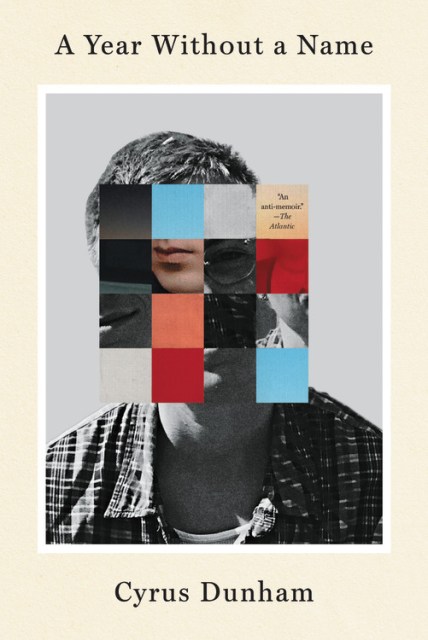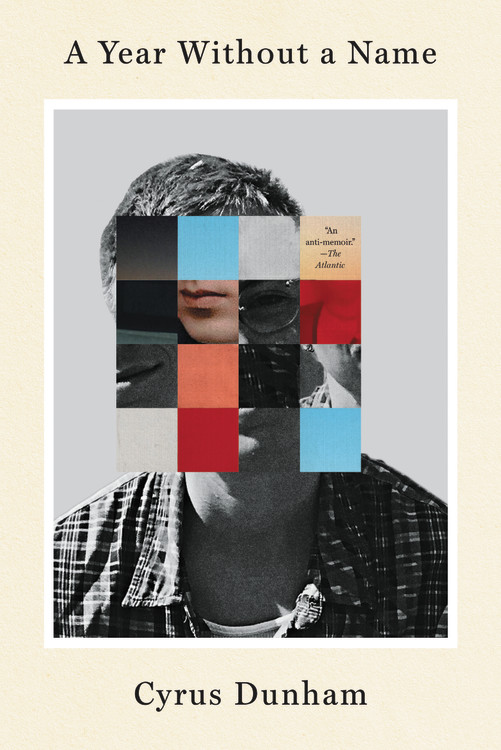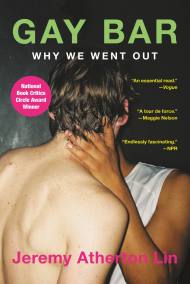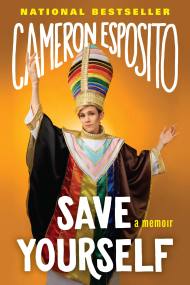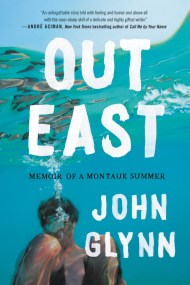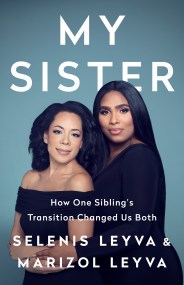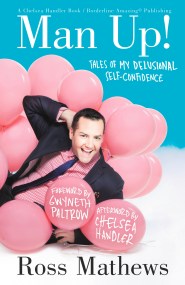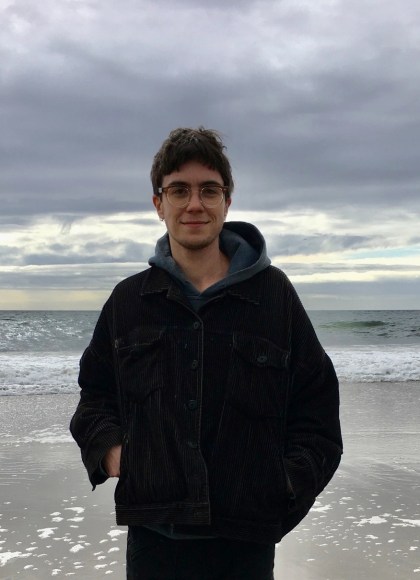Promotion
Use code MOM24 for 20% off site wide + free shipping over $45
A Year Without a Name
A Memoir
Contributors
By Cyrus Dunham
Formats and Prices
Price
$16.99Price
$22.99 CADFormat
Format:
- Trade Paperback $16.99 $22.99 CAD
- ebook $11.99 $15.99 CAD
- Audiobook Download (Unabridged)
This item is a preorder. Your payment method will be charged immediately, and the product is expected to ship on or around June 1, 2021. This date is subject to change due to shipping delays beyond our control.
Also available from:
How do you know if you are transgender? How do you know if what you want and feel is real? How do you know whether to believe yourself? Cyrus Dunham’s life always felt like a series of imitations—lovable little girl, daughter, sister, young gay woman. But in a culture of relentless self-branding, and in a family subject to the intrusions and objectifications that attend fame, dissociation can come to feel normal.
A Lambda Literary Award finalist, Dunham’s fearless, searching debut brings us inside the chrysalis of a transition inflected as much by whiteness and proximity to wealth as by gender, asking us to bear witness to an uncertain and exhilarating process that troubles our most basic assumptions about identity. Written with disarming emotional intensity in a voice uniquely his, A Year Without a Name is a potent, thrillingly unresolved meditation on queerness, family, and selfhood.
Named a Most Anticipated Book of the season by:
Time
NYLON
Vogue
ELLE
Buzzfeed
Bustle
O Magazine
Harper's Bazaar
Genre:
-
"Cyrus Grace Dunham is such a tender, open, and nuanced writer, and his book allows itself to be messy and complicated in the name of unflinching honesty. A stunning account of both longing and belonging, A Year Without a Name made every corner of my heart sing."Hanif Abdurraqib, New York Times bestsellingauthor of THEY CAN'T KILL US UNTIL THEY KILL US and GO AHEAD IN THE RAIN
-
"Cyrus Grace Dunham has written a classic memoir-passionate and clear eyed and unputdownable. I've never seen a gender journey rendered in more tender, riveting detail. Bravo to this extraordinary new voice."Mary Karr, author of THE LIARS' CLUB, CHERRY, LIT, and THE ART OF MEMOIR
-
"Cyrus's book is raw, beautiful and uncompromisingly honest: a slippery, vital account of gender, family and the longing to be real. I read it with my heart in my mouth."Olivia Laing, author of THE LONELY CITY and CRUDO
-
"A work of extraordinarily intimate confession rendered in startling, sparkling -- and addictive -- prose. With erudition, frankness, and eloquence, Dunham braids a propulsive narrative momentum together with exquisite particulars of daily life. This book, simply put, summons a private and deeply pleasurable exchange with its reader. In the grand tradition, it keeps us company."Jordy Rosenberg,author of CONFESSIONS OF THE FOX
-
"A Year Without a Name is staggering, intimate, and astonishing; you can't help but be awed by the end of it. I'm grateful for the journey this memoir took me on, for what Dunham illuminates about loving ourselves and others."Bryan Washington, author of LOT
-
"Cyrus Grace Dunham's memoir is unflinching. His unsettlement about gender is profound, his writing about it genuine and affecting. A Year Without a Name let me travel with Dunham on his difficult, sometimes treacherous, sometimes beautiful, always memorable path."Lynne Tillman, author of MEN AND APPARITIONS
-
"Dunham's deeply felt, forthright, lucid accounting of the complex process of determining who they are is astonishing in its intimacy and generosity, and serves as a reminder of how difficult, but how necessary, it is to be honest with ourselves about who we know ourselves to be."Kristen Iversen, NYLON
-
"An honest, reflective reckoning well worth reading."Tomi Obaro, BUZZFEED
-
"'Devotion is the closest thing I've known to a stable gender,' Dunham writes in this deeply intimate memoir. Lucid, unvarnished prose makes the book compulsively readable even as it wrestles with the weightiness of transition and identity."O MAGAZINE
-
"Raw and powerful."VOGUE
-
"It's a quick read, but punchy--nearly every sentence is sharp, full of importance, at once deeply intellectual and ethereal. Dunham navigates how confusing gender is: how useless it can be while also existing as an essential facet of identity. Dunham stays true to their unfinished story by packing a lot of meaning into just 176 pages but never reaching concrete conclusions. But the concrete would be antithetical to the story; Dunham lives in the truth that all of us are unfinished, forever growing and learning. This in itself is a very queer frame of thought."REWIRE
-
"Shifting between identifying as Grace and Cyrus, Dunham gives readers an honest look at gender transition, solidifying their fresh voice in a crucial national conversation about gender and identity."TIME
-
"A profoundly honest memoir written in succinct language that often has the power of a punch and resists tying up tricky situations in a neat bow."ELLE
-
"Not all memoirists reckon with themselves as severely and provocatively as Dunham does, particularly when it comes to the weight, responsibility, and, at times, unwanted consequences of a name...A Year Without a Name teaches us that gender identity and names are not as static as we might have thought. In fact, both are more like the process of self-discovery - slippery, complicated, ongoing."BUSTLE
-
"An anti-memoir, set against the idea that Cyrus, or you, or I, must believe one consistent story about our life...For Dunham, exploring gender and sex means exploring embodiment and uncertainty. They live in-and have sexual feelings within-a body that won't settle down, that does not seem to want to take clear form. It's a body, Dunham discovers, that needs to be valued as a kind of chrysalis."THE ATLANTIC
-
"CyrusGrace Dunham has written a complicated, necessary addition to the transliterary canon. Readers get to know Cryus as Dunham getsto know Cyrus, and the memoir makes clear that one's journey to figuring outtheir gender is a messy, life-long process."ADVOCATE
-
"In a scant 176 pages, Dunham pens a surprisingly wide existential exploration of what it means to be human; an honest, beautiful memoir that isn't afraid to live in the unknown."SarahNeilson, LitHub
-
"His writing about family and notoriety is the richest and most perversely fascinating in the book, because it makes you feel queasy for finding it so magnetic. Fame is addressed with the same conflict and emotion that Cyrus devotes to his queerness and gender transition."THE CUT
-
"Candid and compassionate, this book offers a view of one person's trans experience that defies categorization as much as it defies resolution. Elegant, eloquent, and deeply personal."KIRKUS REVIEWS
-
"Cyrus Grace Dunham is a mess, and they aren't trying to hide it. In their new memoir, the writer and activist complicates accepted narratives about transgender folks - ones that are steeped in binary, essentialist notions about gender identity. Dunham isn't afraid to share their uncertainty about the source of their discontent with identity, whether it's more social, more physical, or a combination of both."OUT MAGAZINE
- On Sale
- Jun 1, 2021
- Page Count
- 192 pages
- Publisher
- Back Bay Books
- ISBN-13
- 9780316444972
Newsletter Signup
By clicking ‘Sign Up,’ I acknowledge that I have read and agree to Hachette Book Group’s Privacy Policy and Terms of Use
